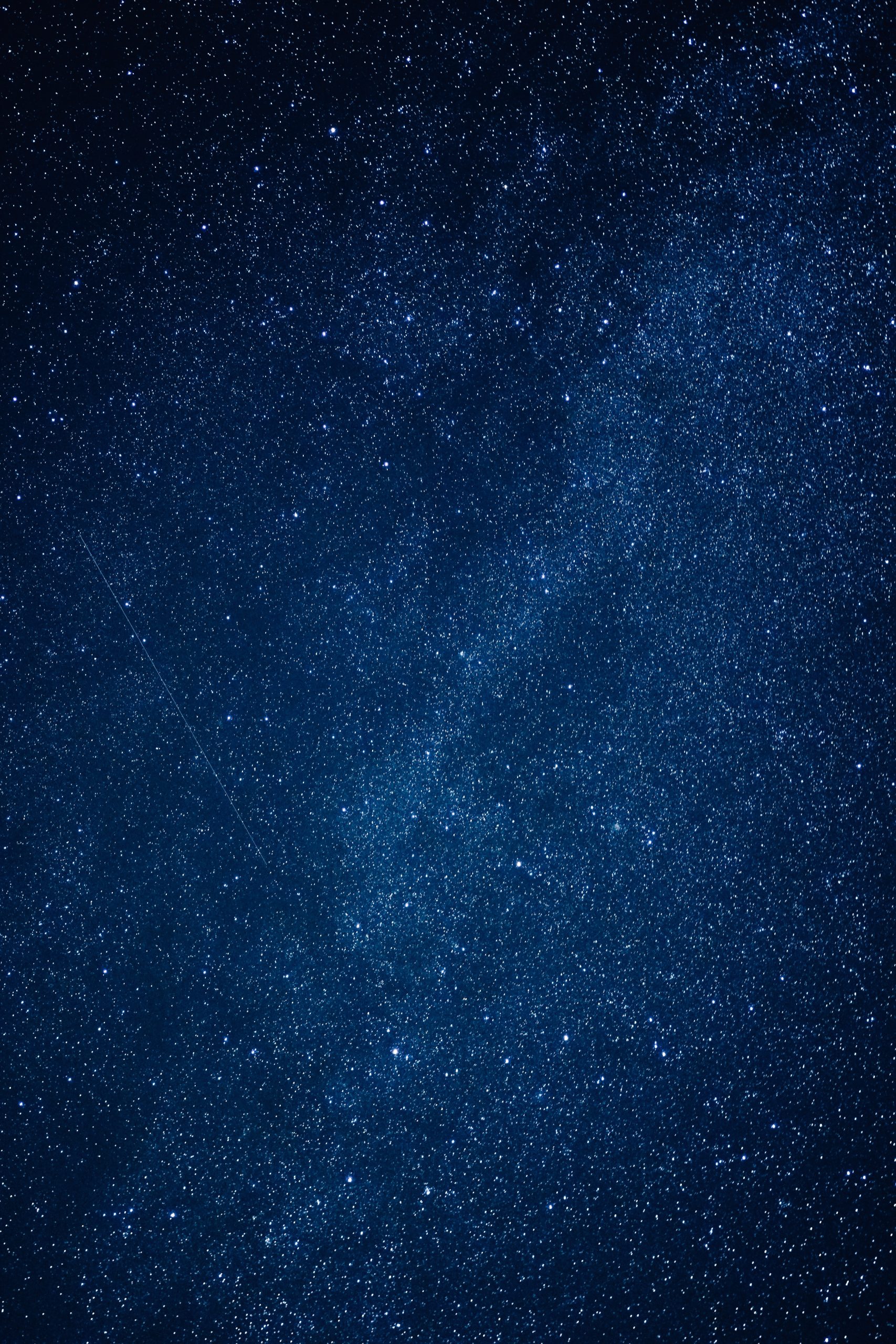Unveiling the Mysteries of Full Moon Superstitions
For centuries, humans have been captivated by the enchanting glow of the full moon. Its luminous presence has inspired countless legends, myths, and superstitions across cultures around the world. While some might dismiss these beliefs as mere folklore, the allure of the full moon continues to persist in our collective consciousness. In this comprehensive blog post, we will delve into the fascinating world of full moon superstitions, exploring their origins, cultural significance, and the science behind them.
The Origins of Full Moon Superstitions
From werewolves to transformative powers, the full moon has long been associated with mystical phenomena and supernatural forces. Many ancient civilizations, such as the Greeks and Romans, worshipped deities associated with the moon and attributed certain powers to this celestial body.
Early agricultural societies also relied on lunar cycles to track time and determine the best periods for planting and harvesting crops. The moon’s influence on tides and its ability to illuminate the night sky further cemented its significance in human culture.
Common Full Moon Superstitions
Over the centuries, various superstitions have emerged surrounding the full moon. While these beliefs may differ across different cultures and regions, some have become widely recognized worldwide. Let’s explore a few of them:
- 1. Lunacy and Insanity: One prevailing belief is that the full moon triggers madness or erratic behavior. The term “lunatic” itself originates from the Latin word “luna,” meaning moon. Despite numerous studies debunking this idea, the association between the full moon and lunacy persists.
- 2. Transformation: Werewolves and other shape-shifting creatures have long been associated with the full moon. Legends claim that individuals could transform into these beasts when the moon is at its peak. This superstition has been perpetuated in various forms of literature, movies, and popular culture.
- 3. Blessed Events: The full moon has often been linked to positive events, such as fertility and abundance. Some people believe that it enhances luck, leading to an increase in successful pregnancies, bountiful harvests, and even romantic encounters.
- 4. Warnings and Omens: In some cultures, the full moon is seen as a harbinger of bad luck or impending doom. It is believed to bring about accidents, disasters, or even supernatural visitations. These superstitions often result in precautions and rituals performed during full moon nights.
The Science Behind Full Moon Beliefs
While full moon superstitions are steeped in folklore and cultural beliefs, scientific studies have sought to uncover any potential correlations between the full moon and human behavior or natural phenomena.
One area of interest is the impact of the moon on sleep patterns. Some studies suggest that lunar cycles may influence sleep quality and duration, leading to elevated reports of restlessness during the full moon. However, the evidence remains inconclusive and other factors such as increased brightness or changes in lunar illumination may contribute to these observations.
Another scientific investigation has explored the correlation between moon phases and human fertility. Some research suggests a mild increase in fertility rates during the full moon, possibly due to the body’s hormonal fluctuations. However, the data remains ambiguous and inconclusive, with many factors besides lunar phases affecting fertility.
Furthermore, several studies have examined the influence of the full moon on various behavioral aspects, including psychological well-being and violence rates. While anecdotal stories and media often allude to increased aggression during the full moon, robust scientific evidence is lacking to support such claims.
Cultural Significance of Full Moon Superstitions
Full moon superstitions not only reflect the human fascination with the celestial world but also play a significant role in cultural traditions and celebrations. Many festivals and rituals around the world are tied to lunar cycles and are observed during full moon nights.
For example, the Mid-Autumn Festival celebrated in various Asian countries, including China and Vietnam, coincides with the full moon in September or October. This festival pays homage to the moon and symbolizes unity and harmony among family members.
The Werribee Park Full Moon Festival in Australia is another example, where people gather to celebrate visual arts, music, and culture under the captivating light of the full moon. These cultural events highlight the enduring importance of the full moon in human traditions.
Conclusion
The allure of the full moon continues to capture our imagination, inspiring a wide range of superstitions that have endured for centuries. While science debunks many of these beliefs, the cultural significance and resonating mystique associated with the full moon persist in our collective consciousness.
So, the next time the moon shines brightly in the night sky, take a moment to appreciate its beauty and reflect on the rich tapestry of superstitions woven throughout human history.
Table of Contents
